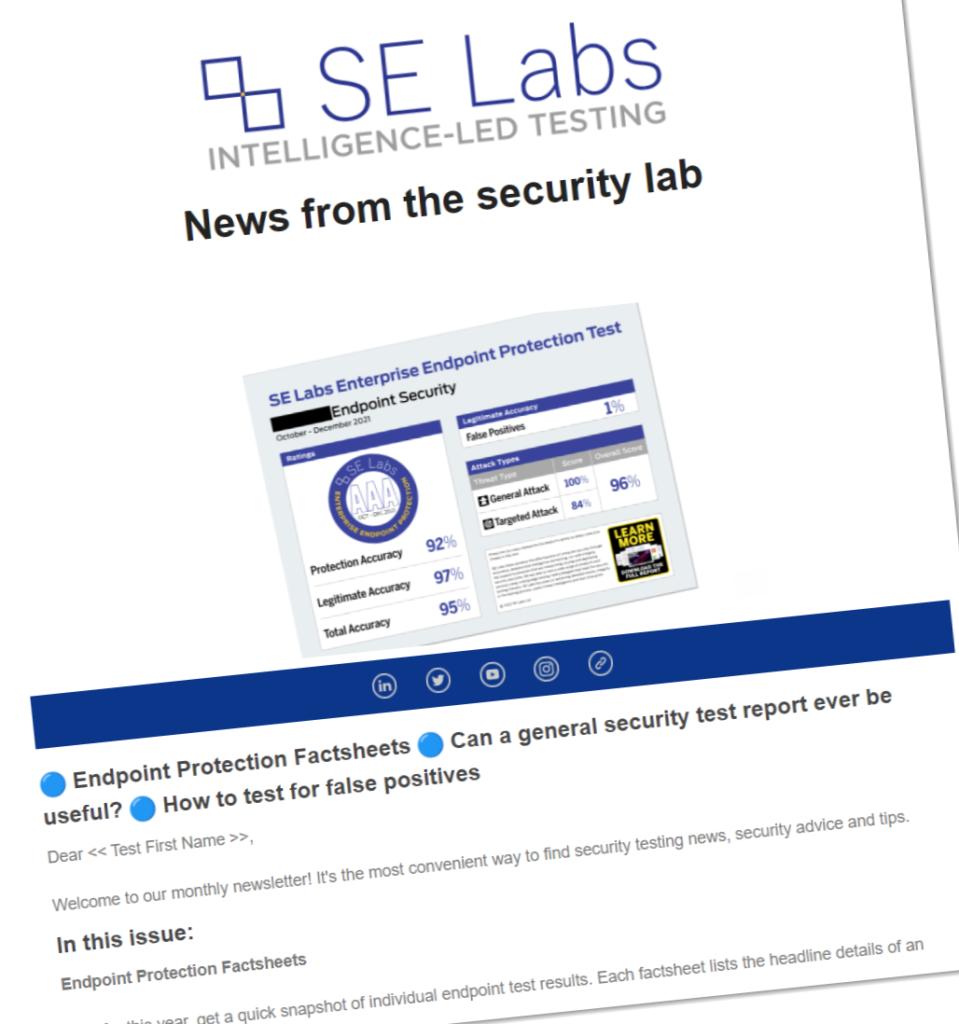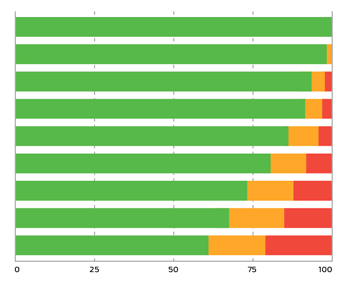SE Labs introducing cyber security to schools
It’s widely acknowledged that the cyber security workforce needs more talented young people to engage. Just as we, at SE Labs, want to help fix information technology security by testing products and services, we also want to encourage an interest among young people, hopefully igniting a passion for understanding and defending against hacking attacks. We want to bring cyber security to schools.
We test next-gen security products AND encourage the gen-next!
Bringing cyber security to schools
Our attempts to enable youth from progressing from complete novice, through to getting their first job and then to reaching the top of industry, is an initiative to bring about the needed change and fill the gaps.
As part of our new corporate social responsibility programme we set up an event at Carshalton Boys Sports College to introduce the concept of cyber security and its career prospects to the students.
Around 15 participants ranged from year 10s to sixth formers (aged 16-18) attended the main presentation and all year groups approached us at the stand we set up.
We outlined various topics in the presentation including the different types of cybercrime and attacks; and institutions offering free and paid courses to certain age groups on cyber security, aimed at students.
We also addressed how to break into the cyber security sector; what positions are available in the industry; and how employees are in high demand in both public and private sectors, part- and full-time, in virtually every industry in countries around the world.
Targeted attack introduction
Then we went through a test run of a targeted attack to demonstrate what it looks like and what it means.
 “Why do we use Kali Linux?”, “What should I do to get into cyber security?”, “What are the skills required?”, were a few curious questions asked by the students at the end of the presentation.
“Why do we use Kali Linux?”, “What should I do to get into cyber security?”, “What are the skills required?”, were a few curious questions asked by the students at the end of the presentation.
Those who came over to the stand wanted to know who we were, what we do and simply, “what is cyber security?”
They were interested in who are clients are (we gave limited answers due to NDAs), what do they need us and how did we manage to get this far. A lot of these were asked by the younger years who were inquisitive to learn more about this subject. Positive!
Feedback from the college
On behalf of the Governors, Head Principle, students and parents of Carshalton Boys Sports College, I would like to thank you for your valued input, helping to make our Directions and Destinations Day a great success.
Our staff work tirelessly to open our students’ minds to the possibilities available to them, but without the support of partners like you, that job would be impossible. Together we had the school filled with a sense of purpose all day and responses we have had from students and parents have shown us that the day has inspired our students.
We have already started thinking about the future and would be grateful if you have any suggestions about how we might make things even better next year.
Thank you once again for giving your time, energy and expertise last week.
Well, yes! A career in cyber security is a journey for sure, but a worthwhile one. And in the end, it’s more about people than machines, as a mind’s software can be more powerful than any hardware.
Pooja Jain, March 2018




















